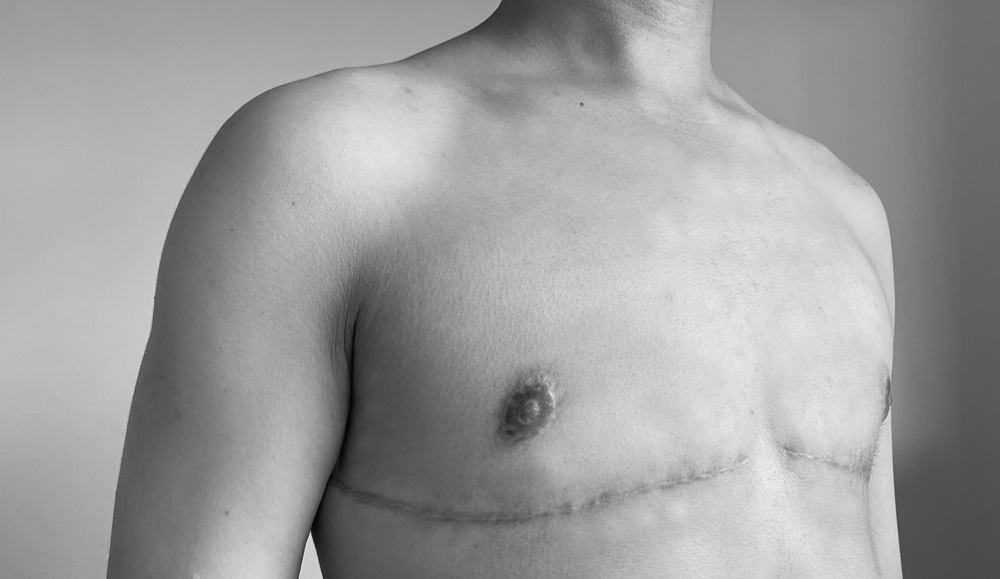FTM Top Surgery Recovery Dos and Donts

FTM (female-to-male) top surgery can be life-changing for transgender men or non-binary individuals experiencing body dysmorphia. If you are preparing for FTM top surgery, it’s helpful to know what to expect during recovery and what limits you will have.
What is FTM Top Surgery?
FTM top surgery is a surgical procedure that gives transgender men a flattened chest with a toned, masculine appearance. A large portion of the breast tissue will be removed along with excess skin and fat and then the remaining tissues will be contoured for a natural-looking, masculine appearance. There are a variety of techniques that can be used, based on the existing appearance of your chest and the results you hope to achieve.
What to Do After FTM Top Surgery
1. Limit Physical Activity
Your body needs rest to recover from the physical stress and strain of surgery. When you get home from the hospital, ask a friend or family member to help with chores around the house and make sure to get plenty of rest.
2. Eat a Healthy Diet
While recovering, ensure you’re eating right by eating plenty of nutrient-rich vegetables, lean meats, and grains. These healthy foods will provide your body with the fuel it needs to quickly heal and recover.
3. Use Ice Packs and Pain Medication
After surgery, you will be provided with prescription pain medication that should be taken as recommended for a more comfortable recovery period. Ice packs will also help ease soreness by reducing inflammation and swelling. These can be applied regularly throughout the day, 15 minutes at a time.
What Not to Do After FTM Top Surgery
1. Don’t try to lift too much
Try not to lift more than 15 pounds in each hand, and wait to lift anything heavier until you get your doctor’s approval. Heavy lifting could re-open your incisions which would cause undesirable pain and setback your recovery.
2. Don’t Workout
Strenuous exercise, especially chest exercises, will increase blood flow to your chest, worsening swelling and inflammation. Exercising should be avoided for about 6 weeks or until you have your doctor’s approval.
3. Don’t Sleep Face-Down
You might have to change your sleeping habits if you’re a stomach sleep sleeper. Sleeping on your stomach will put constant pressure on your healing chest which could slow down wound healing and worsen your discomfort.
Schedule a Consultation
Dr. Hetal Fichadia offers top surgery in Portland, OR with a customized approach that meets each patient’s individual goals. If you are ready to take the next step in your transition, schedule a consultation today to discuss gender-affirming surgery in greater detail.
Dr. Fichadia is a double board-certified, comprehensively trained plastic and reconstructive surgeon. She completed general surgical training at St Elizabeth’s Medical Center, an affiliate of Tufts University School of Medicine in Boston, MA, and subsequently completed a highly competitive plastic surgery program at Oregon Health and Science University in Portland, OR. She has presented research from her time in Boston and Portland at national and international surgical meetings such as Clinical Congress of the American College of Surgeons and annual meeting of American Society of Plastic Surgery.
- Dr. Hetal Fichadiahttps://www.drfichadia.com/author/admin/
- Dr. Hetal Fichadiahttps://www.drfichadia.com/author/admin/
- Dr. Hetal Fichadiahttps://www.drfichadia.com/author/admin/
- Dr. Hetal Fichadiahttps://www.drfichadia.com/author/admin/
 (503) 488-2344
(503) 488-2344






